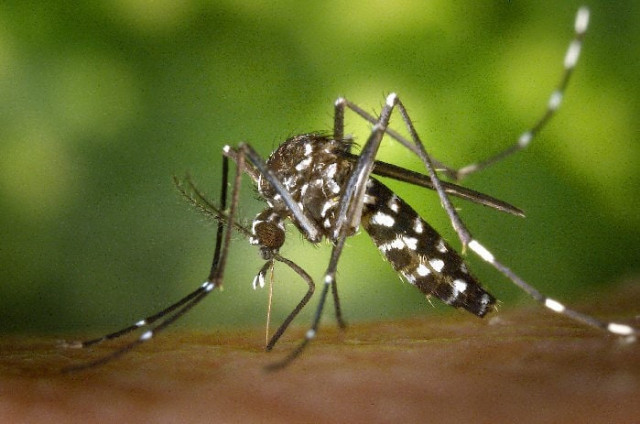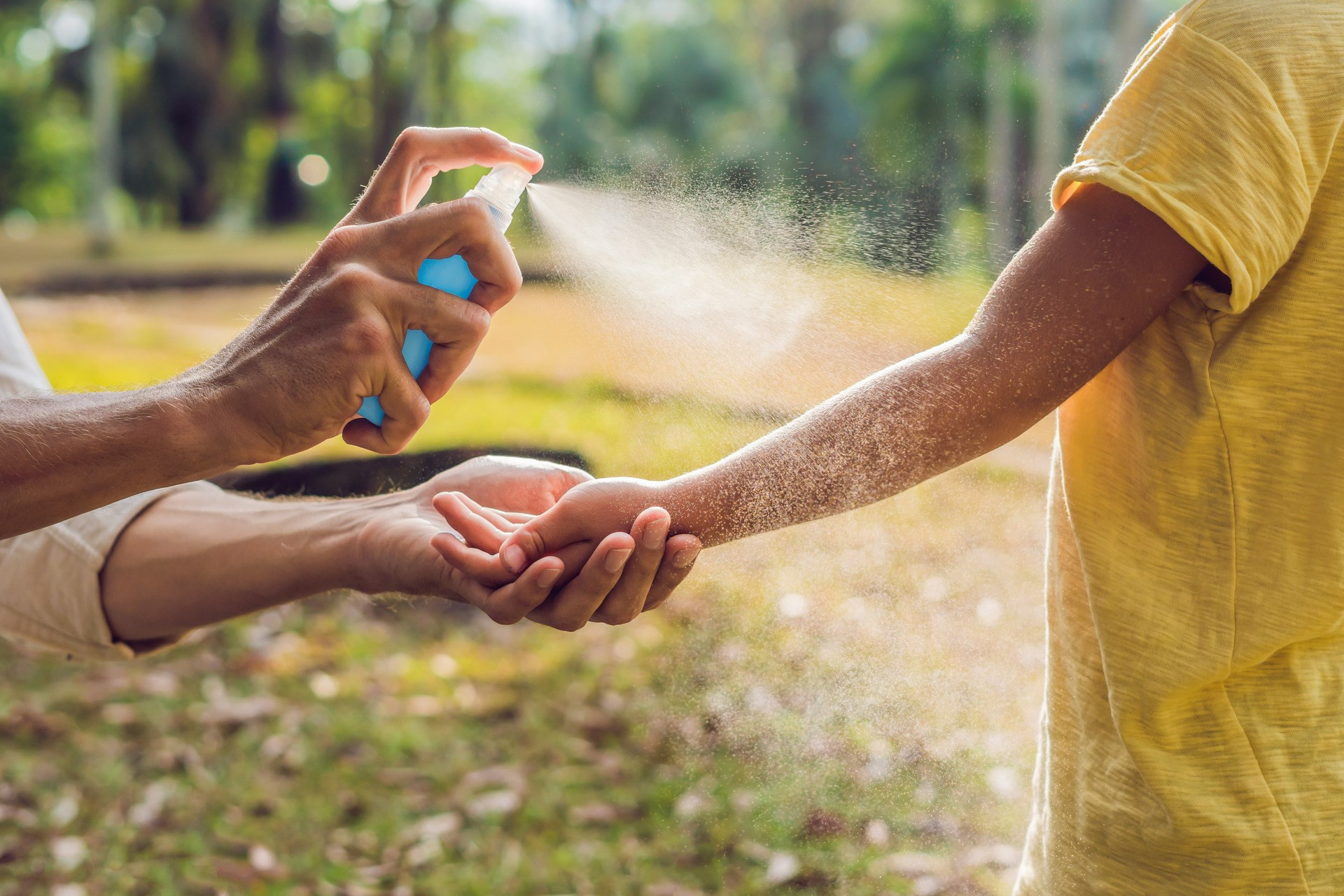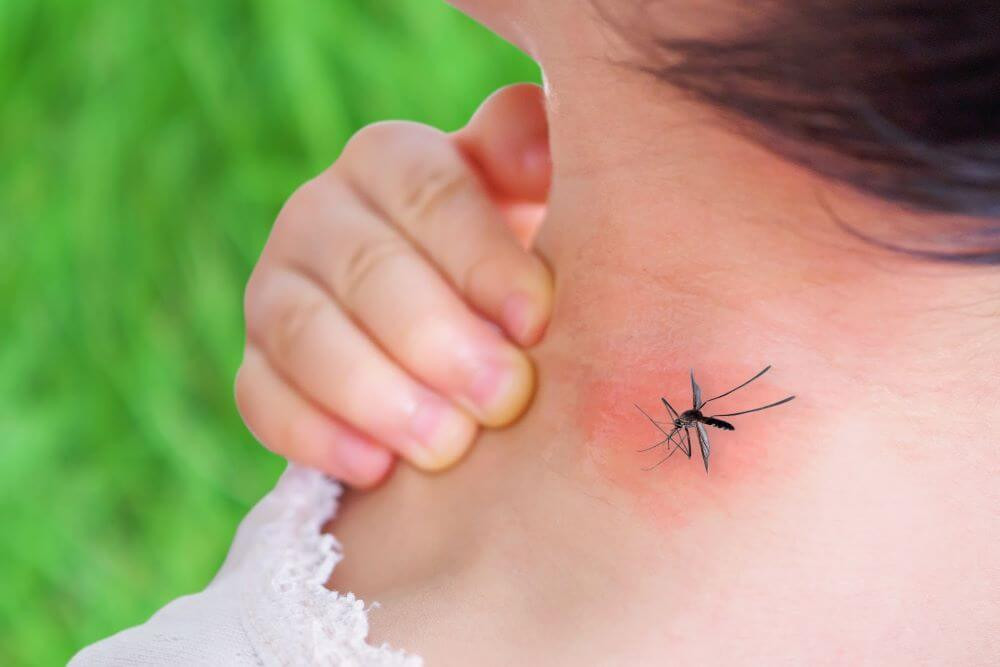Prevention against dengue: Seven tips to avoid mosquito bites
With Pakistan witnessing a spike in dengue cases, avoiding getting bitten by mosquitos is the need of the hour

With several areas of Pakistan witnessing a spike in dengue cases of late, avoiding getting bitten by mosquitos is the need of the hour. Other mosquito-borne diseases including malaria and yellow fever are highly fatal too.
Compiled from One Medical, here are the best ways to protect yourself and your home from mosquitoes.
1. Dump out any standing water near your home
Mosquitos can breed in just 14 days in a minute amount of water in an old flower pot, a rain gutter or a bird bath. If you do have a pond, add some mosquito-eating fish like guppies, minnows or mosquito fish, add a waterfall or fountain to keep the water moving or treat it with a natural bacteria called Bacillus thuringiensis. The bacteria kills mosquito larvae but is harmless to people, plants and pets.
2. Keep mosquitoes outside
Use screens on the windows or air conditioning to keep mosquitos from slipping in a window. Or if you don’t have screens, consider getting a fine mosquito net to hang over your bed or crib. Some mosquito nets, like the Pramex brand, are treated with a time-release insecticide, making them the ideal choice.
3. Use mosquito repellent
The most effective chemical repellents contain DEET, picaridin, PMD, or IR3535 insecticide, which are all considered safe when used as directed, says Natasha Bhuyan, an MD in Phoenix. The Centers for Disease Control and Prevention (CDC) says they’re safe for pregnant and nursing women, as well as babies over two months, though you want lower concentrations of DEET for children.

The Environmental Working Group lists picaridin and IR3535 as its top choices for repelling mosquitoes. Just watch out for skin irritation and avoid spraying chemicals around the eyes or mouth. Jonathan Day, a mosquito researcher at the University of Florida, says to concentrate the repellant on your ankles, feet, lower legs and wrists — thin-skinned spots mosquitoes love to bite.
4. Wear light-coloured clothing, especially outdoors
Apparently, deep colours — like black, deep blue and red — stand out so they attract bugs. Thicker fabrics and looser fits offer more protection than thin clothing that fits tightly.
5. Stay indoors during dusk and dawn
While mosquitoes can bite at any time of day, it’s wise to limit your exposure during their prime feeding times. If you can’t avoid being outdoors at these times of day, be sure to take some other precautions.
6. Make yourself less appealing
Scientists are still studying why some people get more mosquito bites than others. While people with type O blood — a mosquito favourite in one study — can’t change it, they can try wearing a scent that mosquitoes dislike. While DEET was most effective, researchers at New Mexico State University found Victoria’s Secret Bombshell perfume effectively reduced mosquito bites for two hours — even more so than some mosquito repellents and Avon’s Skin So Soft Bath Oil — a popular mom’s remedy.

7. Try a natural repellent
The oil of lemon eucalyptus comes from a particular eucalyptus tree (corymbia citriodora or eucalyptus citriodora) from Australia. The synthetic version, which is endorsed by the CDC as a repellent, is available under brand names including Repel, Bug Shield and Cutter. Studies show it offers similar protection to products containing low concentrations of DEET, says Siri Chand Khalsa, an MD in Phoenix, though it’s not approved for use in children under three.



















COMMENTS
Comments are moderated and generally will be posted if they are on-topic and not abusive.
For more information, please see our Comments FAQ